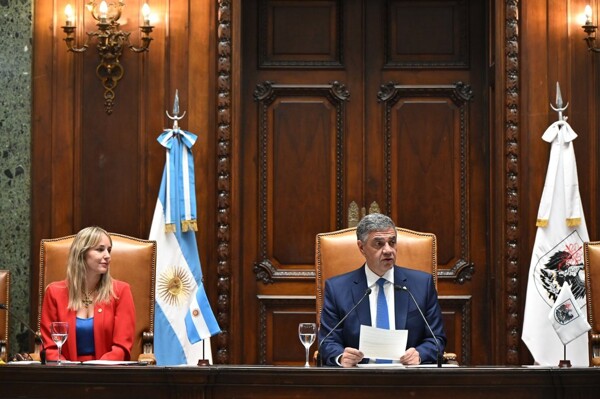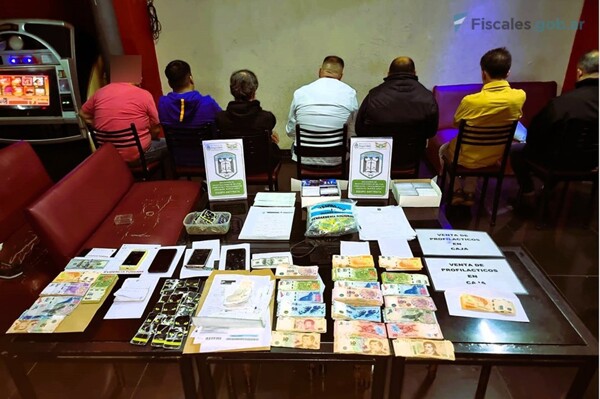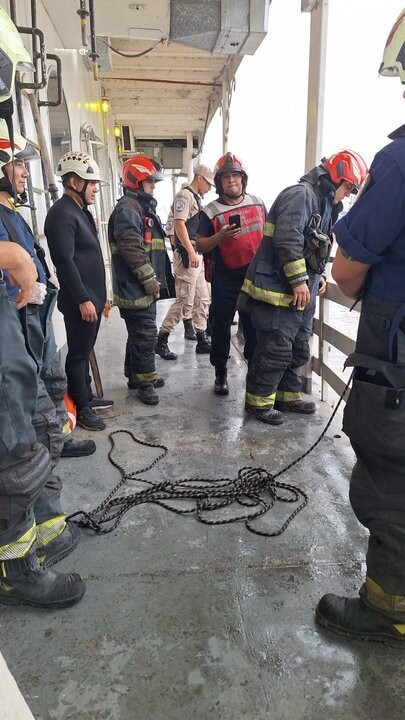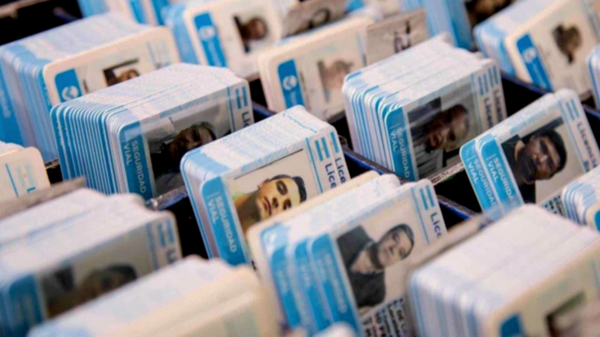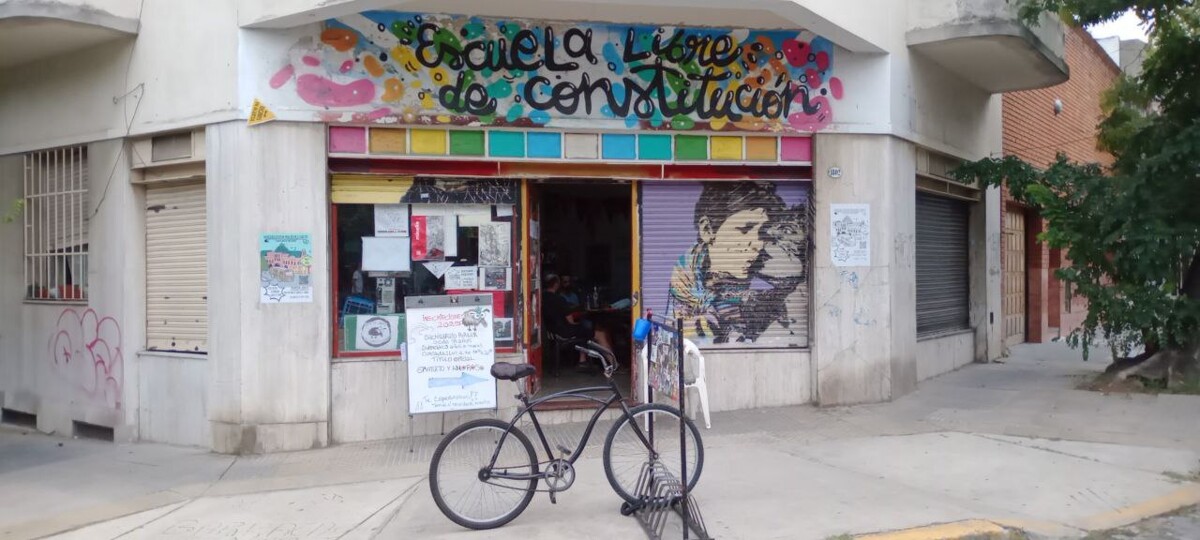
In the early 20th century, in a context dominated by state and religious schools, revolutionary educational proposals emerged in Argentina that sought to transform the educational system. These self-managed schools proposed a comprehensive education, where curiosity and learning were stimulated through observation, experimentation, contact with nature, and play.
Unlike traditional institutions, these schools included both boys and girls in the same space, without class distinctions, and any form of physical or psychological punishment was avoided. The objective was to form free, responsible, and critical individuals, prepared in both intellectual and technical skills.
Figures like Rafael Barret and Juan B. Justo advocated for a rationalist educational system that promoted anti-authoritarianism and the abolition of exams as evaluative tools. These thinkers were part of a broader movement that included international figures such as Montessori, Coussinet, Reclus, and Tolstoy.
In the City of Buenos Aires and other Argentine provinces, various schools with alternative pedagogical approaches emerged. Among them were the Modern School of Buenos Aires, the Free School of Santa Fe, the Rationalist School of Mendoza, among others. These educational proposals broke with the established mold and bet on a free, scientific, and caring pedagogy.
Although many of these self-managed schools disappeared over time, their legacy endures in current initiatives like the Free School of Constitución, which continues to promote inclusive and transformative education. These alternative pedagogical experiences marked a milestone in the history of Argentine education, paving the way for new ways to teach and learn in freedom.











